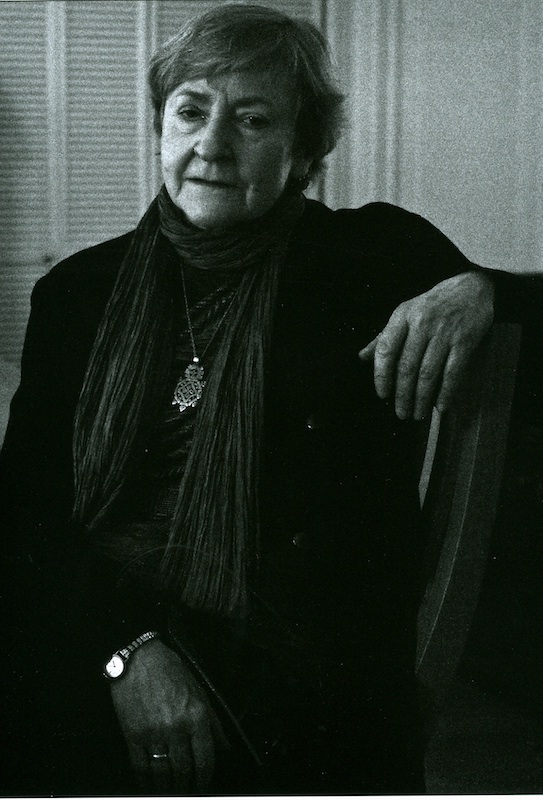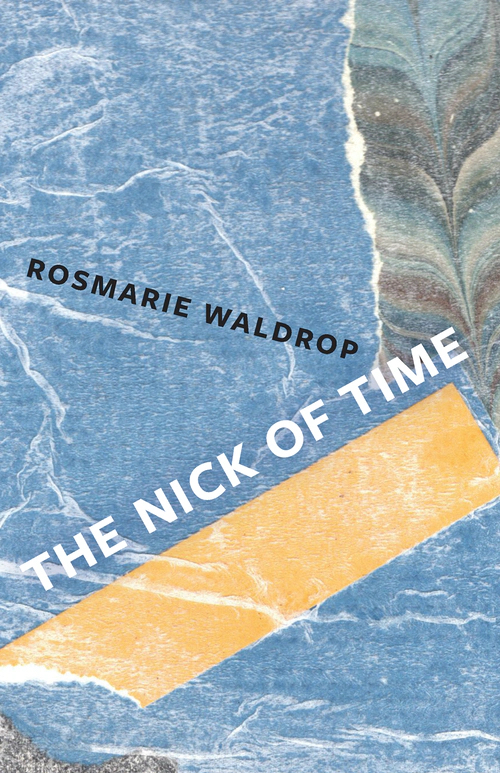1
How daily my life. How tiny the impurities around which words might accrue. Worlds. Whorls. Pearls? Once I stood in a town where nothing was left unchanged but the clouds driven from the east. Now I learn from the sea. Always the same, always different, brackish body, uncertain. The unusual I hold at bay by taking pictures. To let it accrue to memory without having to experience it? Do we live this way, walking, as if we could, on thin air? But the sycamore stands in the yard all day and all night. And now, though still lifeless in appearance, quickens. Roots gripping farther down.
2
The world rolls away coldly, transposed into vibrations of money. And, like the nerve cells, never comes to rest. No matter how carefully I lime my words. Breath. Faith. Myths. To trap the plumed bird. Tough luck: I look on as it recedes into associations. Experience, Erfahrung, contains travel. In German. It happens on the road, and I had put my trust in science to construct one for me. It led to scenic overviews. Then gave out before I could reach, let alone hold, anything fast in my fist. I’m loath to admit: this absence, for all the grist of images, is all I know.
3
Are we never able to touch it? The immediate between the ticks of the watch, the lighthouse flashes, one nerve impulse and the next? Not even with our eyes? A cosmic storm slips between my fingers without the least pressure exerted on the skin. Stream. Thin. Clean. Wind. Only once it’s past I latch on. Old light, of dead galaxies. Only once we’ve said “I” with all that follows do we become aware of pure experience, mute like a newborn’s smile. But then it’s already over. We console ourselves with knowing the difference, which we call history.
4
If we just sit on a chair we make no mistakes. But starve for contrails, crows, outlines of buds, and strange horizons. Bird flutter. Gunshot echoes. But let’s say we worry what is poetry and what is prose. Wonder. Try to know something and incidentally ourselves. Then pain is inflicted. And though it has no form nor special center in the brain it is there. A world closed in itself. Yet wants a voice. Yet whips to the quick the try to stammer it into words. Assuming we were lucky enough to be spoken to before age 12. So that our potential was not jeopardized and now we “have” language.
5
I say “I” and thereby appropriate the entire language. And trust I am, through words, gradually to become. A person? An instance of discourse? Plain as the sky to a fisherman? Beginnings are hazy, below the belt, where a face is not yet possible though already bespoke by gravity. But pronouns do not refer to anything in space and time except the utterance that contains them. Each time, like death, unique. Not like walking in light that lies like fine dust on the ground, but language handing me, each time, the gifts of memory, a past. A soul? While the voice excites intimacies of organic existence, modulates the frequency of pulses from nerve fibers. Code. Clouded sentence. Crowded square emptied of bustle by a sudden rain.
6
It is in grief—a sister’s death, a friend’s—that I admit: for this I have no name. The words are empty shirts and pants strung on a clothesline. Without body. Without air. Therefore I too can’t breathe. Sore. Sere. The self goes from the self. Pain felt as in a twilight state, first stutter of sleep, as on the outer limits of the soul. And even the pain I feel might not be mine. Here they are, sister, friend, dead and tired. From the effort, without the help of language, to stand up in my memory. Which has lost its simple-mindedness, its clear-cut narration. Suddenly old.
7
After the first hour the mourners fall silent. Or speak at angles, in a hush. You have an importance we did not grant you while alive. Now you obstruct the passage of time you’re no longer in, and the clocks risk stopping. The rock has split. Early. Eerie. Lack of experience translates into shock. The clarity, the final simplicity of excessive complications. Preoccupied zone in the brain. My face none of the different blacks of mourning, but white and red as always. You would prefer our mourning raw. But I need conventions to lean on. Pomp on circumstance.
8
Without you to say you to. Without you saying you to me. Words don’t rise to the roof of the mouth. The rose is obsolete. The color of your eyes subtracted from the air. Fabric undone. A twist of wind. Waste. Dust. The walls crumble to memory rubble. This hour a month ago, a year, your head in the mirror, sun on a leaf, strident chemistry, dashes of cold rain, sentence crashing down. Woodsmoke floating above it all. And a silence I can’t bear because it is complete.
9
Grave, tomb, menhir, dolmen, cromlech, cairn, pyramid, coffin, black-box. The earth our mother. Caught in a movement that doesn’t seem to take place. With fields enough no end to plain. And bursting with buds. Death gleans no electric charge. No meaning. Only a window slammed shut. I keep circling. One excessive, emphatic quote: no space not crushing, no rain not maddening, no state not a vastation. And yet. Already so many pear trees blossom. Unscroll patches of soft velvet. The hand touches and lingers.





